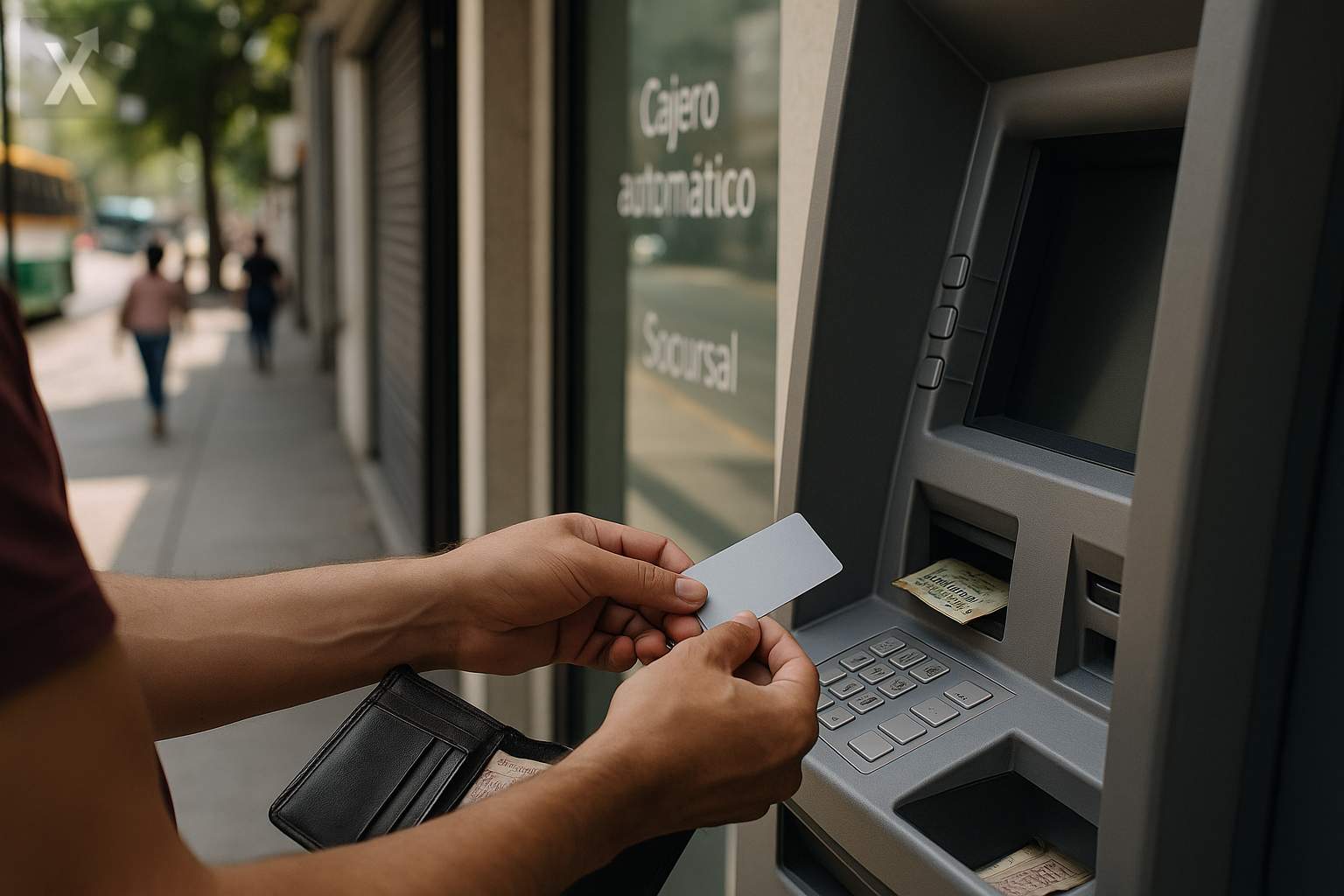Citi Moves Forward with Banamex Divestment and Increases Profits Amid High Rates and Rising Competition in Mexico’s Financial Sector

Citigroup reported a 16% increase in its net income for the third quarter, reaching $3.8 billion, and a 23% rise in earnings per share to $1.86, driven by strong revenues across all its divisions. This result came despite the bank recording a $726 million accounting loss related to the sale of 25% of its Mexican subsidiary Banamex for approximately $2.3 billion to a group led by businessman Fernando Chico Pardo.
This move is part of Citi’s strategy to split up its consumer and business banking operations in Mexico: it will retain the institutional business — corporate and investment banking — under the Citi brand, while Banamex will remain focused on retail and small business (SME) clients. The deal, which is subject to regulatory approval, is progressing alongside preparations for a potential initial public offering (IPO) of the remaining Banamex shares, through which the group aims to unlock value and deepen the local capital market.
In the background, Grupo México made an unsolicited $9.3 billion offer that was rejected, after failed full-sale attempts in 2023. Citi acquired Banamex in 2001 for $12.5 billion; since then, the institution has navigated regulatory and credit cycles characteristic of the Mexican economy, but has also benefited from a banking system that has consolidated high capitalization and profitability levels, partly due to elevated interest rates.
For Mexico, the reorganization of Banamex is taking place amid moderate economic growth, with activity supported by nearshoring and manufacturing investment, while consumption slows after several quarters of historically high benchmark rates. The Bank of Mexico has started considering gradual rate cuts once inflation steadily approaches its target, a factor that could revive credit demand in 2025 and improve asset quality in consumer portfolios.
The outcome of Banamex carries competitive implications. The arrival of new investors and a potential IPO could increase the free float in the local market, strengthen governance, and accelerate digitization in retail banking — a segment where fintechs and mid-sized banks have been gaining ground. Meanwhile, the antitrust authority and banking regulator will evaluate market concentration, solvency, and operational continuity, all key elements for a system that has shown resilience to external shocks and currency volatility.
For Citi, the loss from the divestment is mainly an accounting one and fits within a global process of simplifying its international footprint. Fee and transactional banking revenues have benefited from increased corporate activity, while cost management and provisions remain under scrutiny from investors amid a credit cycle that, while stable, shows areas of concern in credit cards and microfinance.
In the near term, the market will be watching the regulatory timeline, Banamex's valuation relative to local peers, and the appetite of domestic institutional investors, in a context where a firm peso and foreign direct investment linked to nearshoring continue to support the country’s appeal. Heritage and cultural aspects — such as art collections and historic buildings — have been considered for preservation in Mexico, a sensitive issue for public opinion and authorities alike.
If the IPO goes through, the Mexican stock market could benefit from increased liquidity and an additional benchmark in retail banking; for customers, the key will be ensuring a smooth transition with continued service, investment in digital channels, and ongoing access to credit for households and small businesses. Successfully executing the carve-out will be crucial for the franchise’s value and for perceptions of systemic risk.
In summary: Citi is boosting profits despite a charge from Banamex, moving forward with the separation of its Mexican business, and preparing the ground for an IPO. For the Mexican economy, this case serves as a gauge of banking competition, capital market depth, and regulatory capacity. Looking ahead, the focus will be on approval timelines, valuation, credit dynamics in a still high-rate environment, and maintaining operational continuity for clients.





